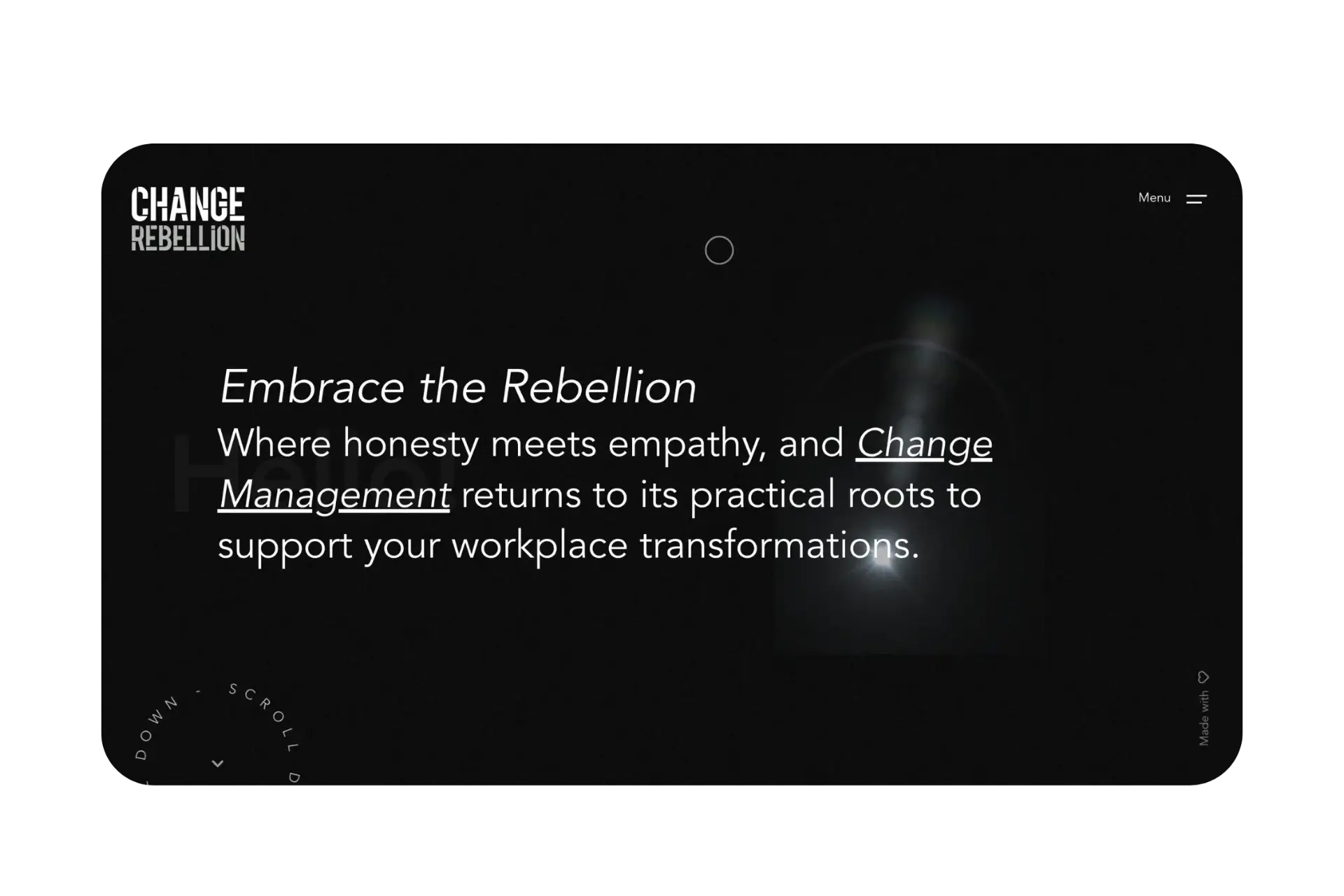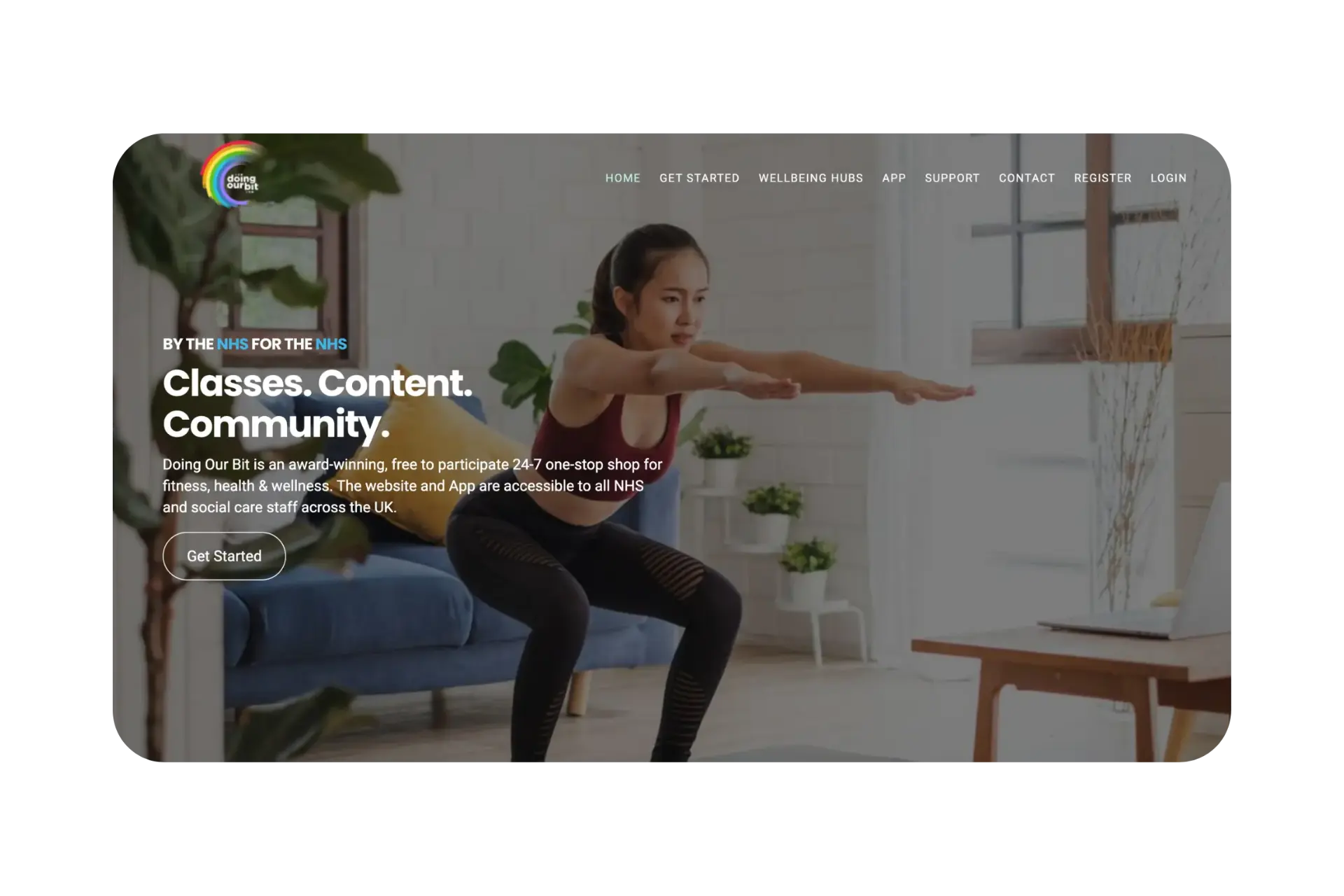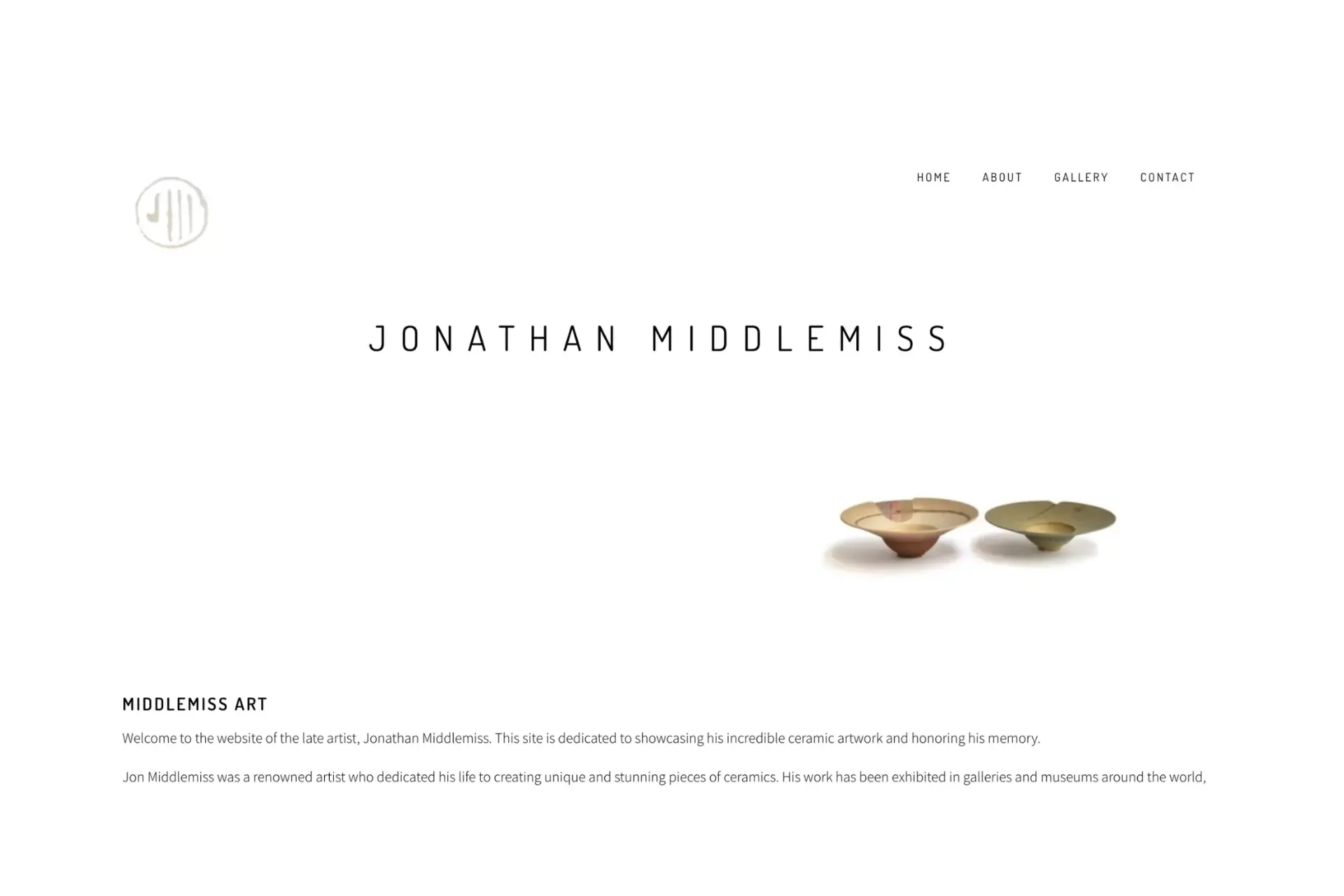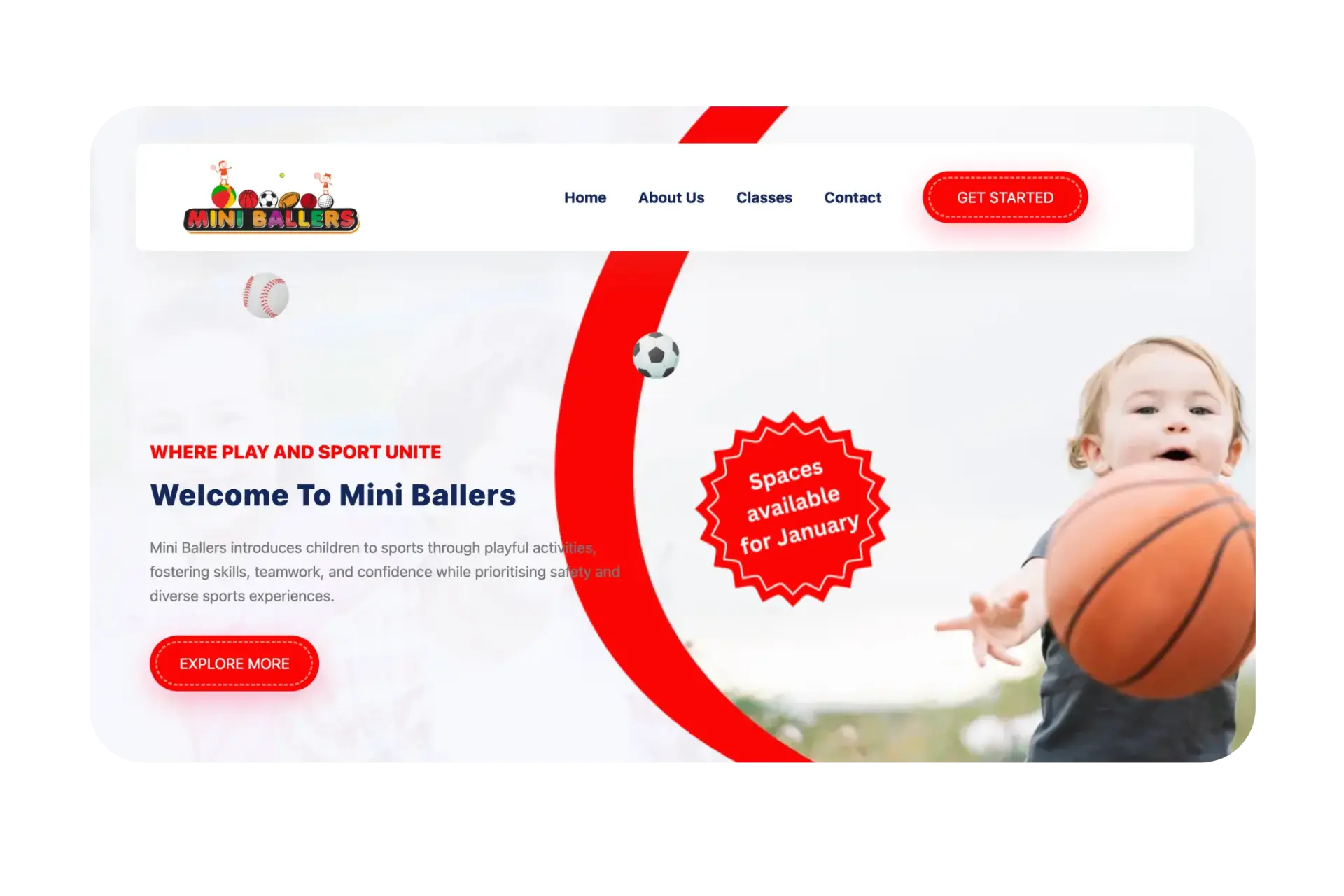Revolutionising Web Design with AI: A Glimpse into the Future
In today's fast-paced digital landscape, a visually appealing and user-friendly website is crucial for businesses and individuals looking to make a mark on the internet. However, achieving the perfect web design often requires a significant investment of time and resources. This is where Artificial Intelligence (AI) comes into play, revolutionising the web design industry by making the process more efficient, cost-effective, and innovative.
1. Personalised User Experiences
AI can analyse user behaviour and preferences to create personalised web experiences. By understanding what content and design elements resonate with specific users, AI can tailor webpages to meet individual needs. This enhances user engagement and encourages longer visit durations, ultimately leading to higher conversion rates and customer satisfaction.
2. Automating Repetitive Tasks
Traditionally, web designers spent a considerable amount of time on repetitive tasks such as resizing images, optimising code, and ensuring responsive design. This is where AI's role becomes even more evident. AI can automate these tasks, saving both time and money. This enables designers to focus on more creative aspects of web design, such as crafting unique layouts and engaging content.
3. Predictive Design Analysis
AI's predictive capabilities are transforming the design process. It can analyse the success of past web designs and predict which design elements are likely to perform well. It can suggest colour schemes, layouts, and content placement that align with the preferences of a target audience, increasing the chances of creating a visually captivating and effective website.
4. Fast Prototyping and Iteration
AI-powered design tools allow for rapid prototyping and iteration. Designers can experiment with various layouts and styles to find the most suitable design quickly. This iterative process is invaluable for fine-tuning a website's appearance, ensuring it aligns with the brand's identity and objectives.
5. Enhanced Accessibility
AI can automatically analyse web content for accessibility compliance, ensuring that websites are usable by individuals with disabilities. By making websites more inclusive, AI not only benefits users but also helps businesses adhere to legal requirements and improve their online reputation.
6. Real-time Content Updates
With AI, web content can be updated in real-time. For instance, e-commerce websites can display personalised product recommendations, news sites can continuously curate articles based on user interests, and event pages can dynamically update schedules and availability.
7. SEO Optimisation
AI-driven tools can help optimise websites for search engines. By analysing keywords, meta-tags, and content, AI can make recommendations for improving a website's search engine rankings. This is invaluable for increasing a site's visibility and attracting organic traffic.
8. Cross-Device Compatibility
AI can ensure that websites are fully responsive and compatible with various devices and screen sizes. This is crucial in an era where users access websites from smartphones, tablets, and desktop computers. AI can adapt designs to provide a consistent experience across all platforms.
9. Data-Driven Decision-Making
AI provides designers with data-driven insights into user behaviour and preferences. These insights can guide future design choices and content strategies, ensuring websites evolve to meet the changing needs and expectations of their audience.
Incorporating the latest developments, it's worth noting that Google is currently testing a feature via Workspace Labs that lets users create AI-generated backgrounds in its video conferencing service, Meet – a feature first announced during the I/O 2023 event. This innovation illustrates how AI is not only revolutionising web design but also enhancing various digital experiences, making them more engaging and user-friendly. For more information click here.
AI is transforming web design by offering efficiency, personalisation, and innovation. By automating repetitive tasks, predicting design success, and optimising for accessibility and search engines, AI empowers web designers to create stunning, user-friendly websites that engage visitors and drive results. As technology continues to evolve, the role of AI in web design is only set to expand, making the internet an even more exciting and user-friendly space.




